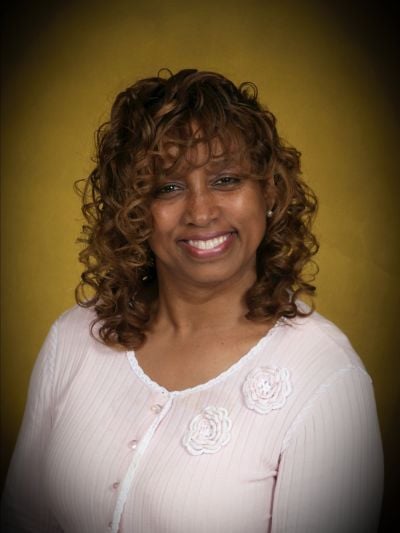

Recently, I had the opportunity to take our Bread for the World summer interns to the National Museum of African History and Culture in Washington, DC. I have done this every year for many years and was pleased with the level of interest shown by the interns. Some said this was not their first visit and they wanted to learn more, while others appreciated the group coming together.
Unlike previous visits, the museum hosted an exhibit on Afrofuturism, which was recently featured on CBS’s 60 Minutes. Here is the museum’s statement on the exhibit:
“Afrofuturism: A History of Black Futures immerses visitors in a conversation in which the past and present are reimagined, reinterpreted and reclaimed to create a stronger future for African Americans.”
This conversation was particularly meaningful for me as I had just returned from Ghana and Nigeria the week before. Our work with Pan African Women of Faith/PAWEEN took me to Ghana, and the global meeting of the Baptist World Alliance (BWA) took me to Nigeria, which has the largest number of Baptists in the world.
The Circle of African Women Theologians conference and the BWA global meeting provided an opportunity to connect hunger, poverty, climate change and other intersecting issues with the historical inequalities suffered by African peoples and the historical gifts of African peoples. Such connections of grief and hope invite innovative solutions for the future as we excavate our past.
Climate adaptation, good agricultural practices of indigenous peoples, a modest lifestyle and renewable energy are concrete proposals that arise from dealing with our past, but investments in these areas are important to implement these proposals in the communities of African peoples.
80 percent of the world’s population most at risk of crop failure and hunger as a result of climate change live in sub-Saharan Africa, South Asia and Southeast Asia. Farming families there are disproportionately poor and at risk.
Another timely invitation to look back to look forward is the upcoming Black Future’s Summit, taking place this September before the United Nations Future Summit: Multilateral Solutions for a Better Future. The UN states the following about the summit:
“The aim is to build on the Sustainable Development Goals (SDGs) Summit and adopt an action-oriented Pact for the Future to accelerate progress towards the Sustainable Development Goals.”
The UN adds that the World Economic Forum’s Chief Economists Outlook warned of a “deepening trade-off between development and climate protection.”
Although the idea of Afrofuturism and a Black Futures Summit is current, the themes are not new. African peoples have always had to reimagine, reinterpret and reclaim current realities and future possibilities. The new exhibition in the museum illustrates this. Faith and various religious practices were important foundations in this.
Black August is a time to reflect and find new ways to repair the hurt and damage to African peoples and our beloved planet – and to end hunger and poverty. But it is also an opportunity to reflect on what may already be ahead of us, such as elections, and what lies behind us to reconsider.
Angelique Walker-Smith is senior associate for Pan-African and Orthodox church engagement at Bread for the World.

